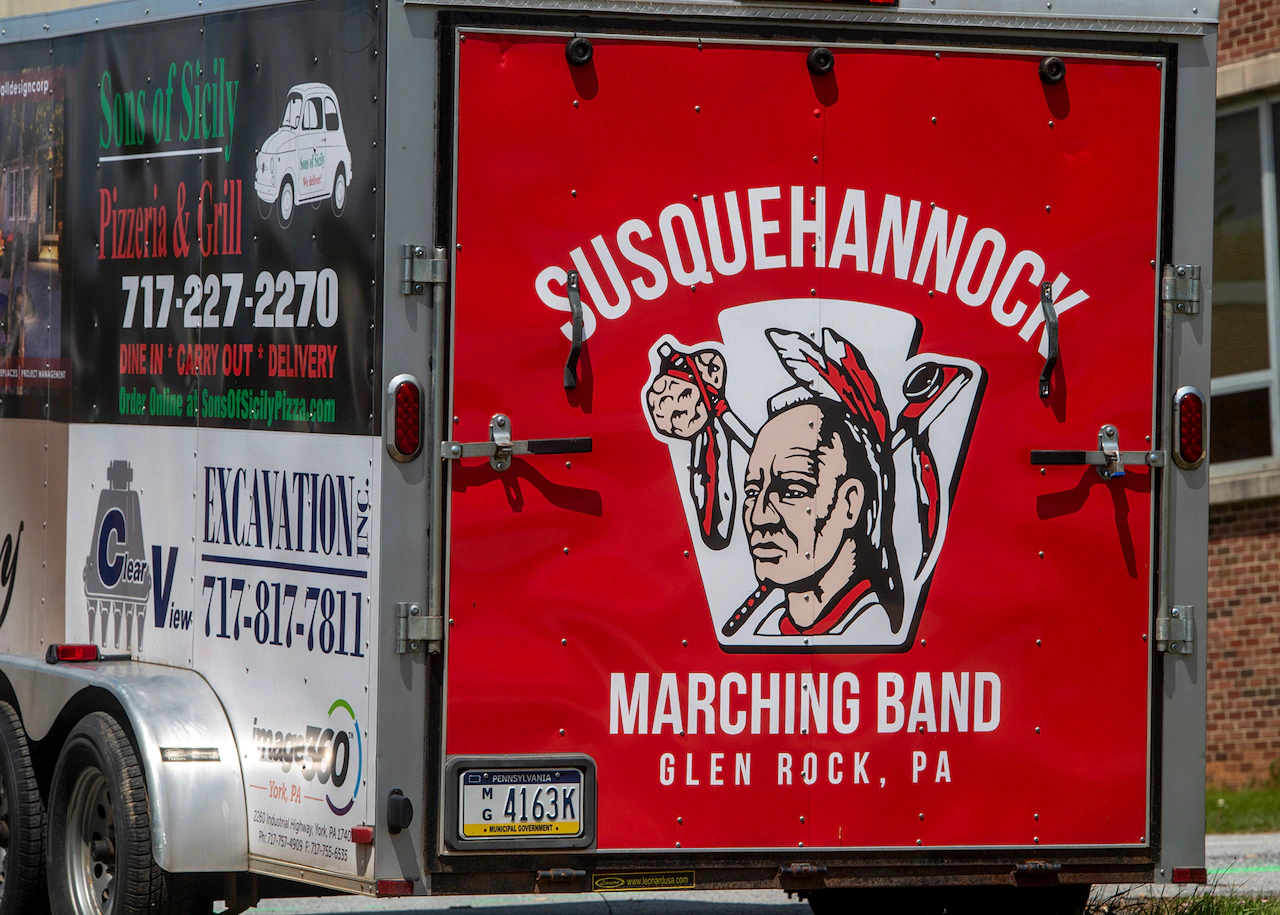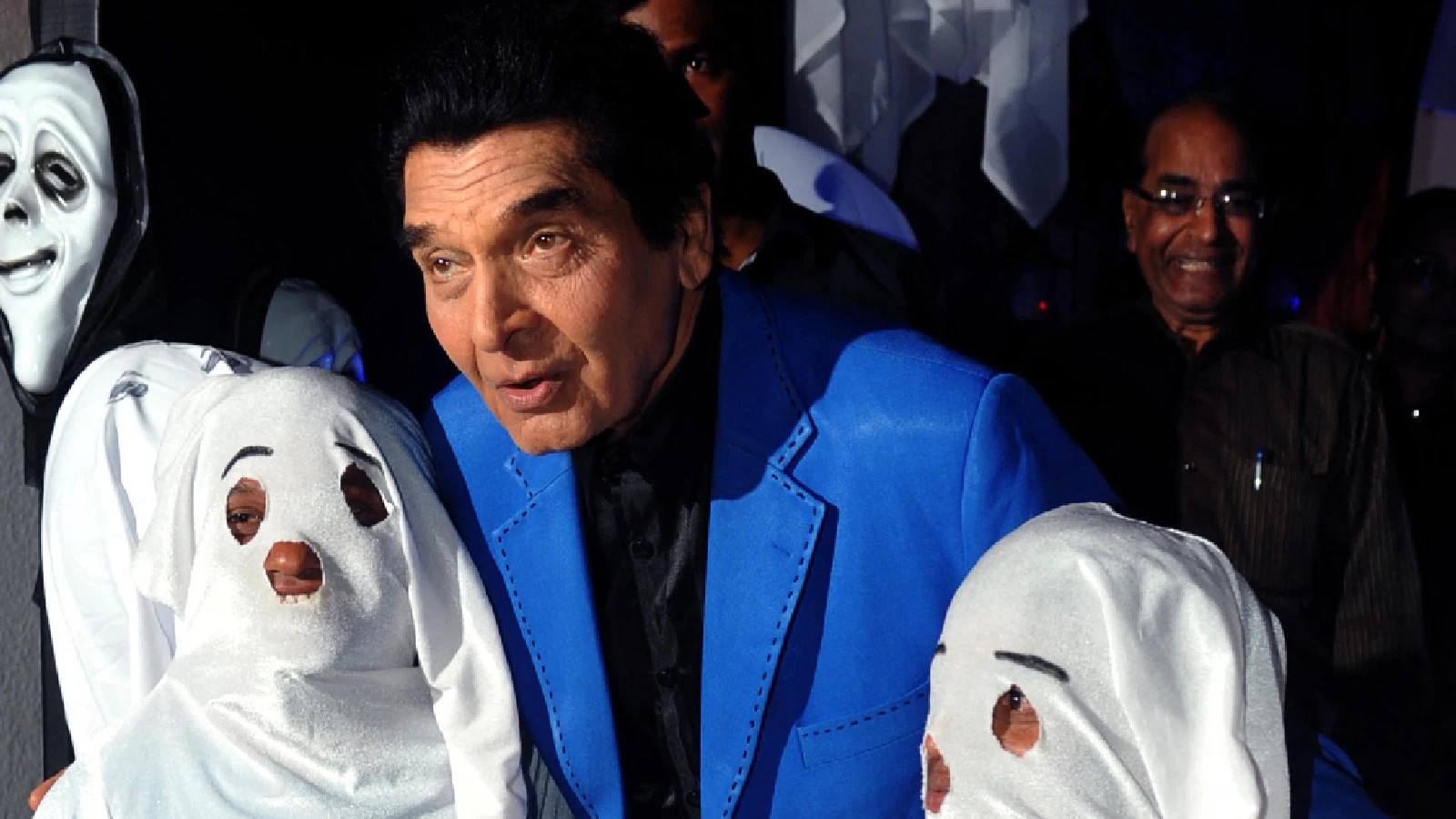Copyright Mechanicsburg Patriot News

The contentious political issue over the use of race-based school logos and mascots has emerged central to a lawsuit settlement in Pennsylvania and the focus of one lawmaker’s legislative plans. The ACLU of Pennsylvania on Tuesday reached a settlement with a Berks/Chester County school district to allow a student-led club that advocates for the ban of the school’s indigenous mascot to operate under equal access. The settlement in the federal lawsuit with the Twin Valley School District allows the “Retire the Raider” student club to operate and have the same access to school facilities and resources as other clubs, under the Equal Access Act and First Amendment. The settlement follows a federal lawsuit filed in November 2023 on behalf of Sloane Wolfe, a high school student who advocated for the district to retire its “Raider” mascot due to its stereotypical depiction of North American indigenous people. Meanwhile, a Pennsylvania Democratic lawmaker has announced his intention to propose legislation that would ban such race-based school logos and mascots. In a memo, Rep. Christopher Rabb (D-Philadelphia) outlined legislation that would ban the use of Native American symbols in school athletics, mascots and logos. “At its core, the use of ‘Indian’ mascots is a denial of the personhood of Native peoples, which has real consequences,” he wrote. “For this reason, in 2005, the NCAA prohibited 18 institutions from using derogatory mascots.” Several states have banned or limited their use for public school mascots, including Maine, Washington, Colorado, and Nevada, Rabb said. In the case of the lawsuit, ACLU attorney Richard Ting welcomed the resolution that guarantees the Retire the Raider student club equal access to school resources, as provided to other clubs. “Students are entitled to employ their free speech rights and receive appropriate support for their clubs, regardless of differing opinions on a topic,” he said. “The school district’s acknowledgment of this allows us to resolve matters without further litigation.” In the case of the proposed legislation, Rabb said while many public schools and sports teams across Pennsylvania use or refer to indigenous culture in their mascots and logos, decades of social science research have shown how derogatory mascots have a serious negative psychological and social impact on those with an indigenous heritage. “For far too long, indigenous peoples have faced discrimination, disrespect, and violence,” Rabb noted in the memo. “Our commonwealth must not remain complicit in the perpetuation of derogatory, bigoted, and harmful practices which encourage bullying and other forms of abuse.” The debate over Native American school mascots and logos has been a recurring flashpoint in Pennsylvania in recent years, as some school boards have voted to drop controversial mascots. At least one school board under new leadership approved reinstatement of a retired logo. Last year, despite pushback from its community, the Southern York County School District school board restored the district’s Indian warrior logo, which had been retired in the wake of the 2020 Minneapolis police murder of George Floyd. A newly reconfigured school board voted 7-2 to reinstate the mascot logo, a caricature image of a native man with a pipe, a feather and a tomahawk — all sacred items to indigenous people — and used in the district’s sports teams and merchandise. The National Congress of American Indians and the Native American Rights Fund believe that race-based mascots, logos, and symbols are offensive and perpetuate negative stereotypes of Native people. Another group, though, the Native American Guardians Association generally advocates for the preservation of mascots and logo images as a source of pride and reminders of the history and legacy of indigenous people. Susquehanna Township School District last year replaced its Indian mascot and logo with a black bear imagery for its sports teams while maintaining the “Indians” name. The mascot — “Mato” — means bear in the Sioux language; the logo features a bear claw with “ST Indians.” The mascot has been the topic of debate for several years. In 2021, the school board retired the Indian mascot and logo connected to the school, due to concerns that it was harmful to the Native and indigenous communities. The board reversed the decision in 2022. The perennial debate has gained more far-right conservative traction under the Trump administration, which has shifted the application of federal civil rights protections. In May, for instance, Education Secretary Linda McMahon launched a civil rights investigation into a New York state mandate to banish certain mascots. According to a New York Times report the investigation was sparked by the refusal of Massapequa district on Long Island to forgo its decades-old “Chief” mascot, a Native American man wearing a feathered headdress. McMahon, who visited the district, said that by restricting the use of Native mascots, the state violated Title VI of the Civil Rights Act of 1964, which prohibits recipients of federal funds from engaging in discriminatory behavior based on race, color or national origin. The ACLU of Pennsylvania’s lawsuit alleged that the Twin Valley district’s three-year refusal to recognize Retire the Raider because the club could not find a “willing” faculty advisor violated Sloane’s rights by not granting the same benefits provided to other student clubs. According to the ACLU-PA, the “willing” faculty advisor requirement unfairly disfavored student clubs with minority, controversial, or unpopular views. “For three years, other students and I in the Twin Valley School District worked to promote greater inclusion by peacefully protesting our school’s use of an offensive mascot and raising awareness about the harmful stereotypes it perpetuates in our community,” Wolfe said in a statement released by the ACLU. “Now that our Retire the Raider club is recognized, we can more effectively continue that work.”



